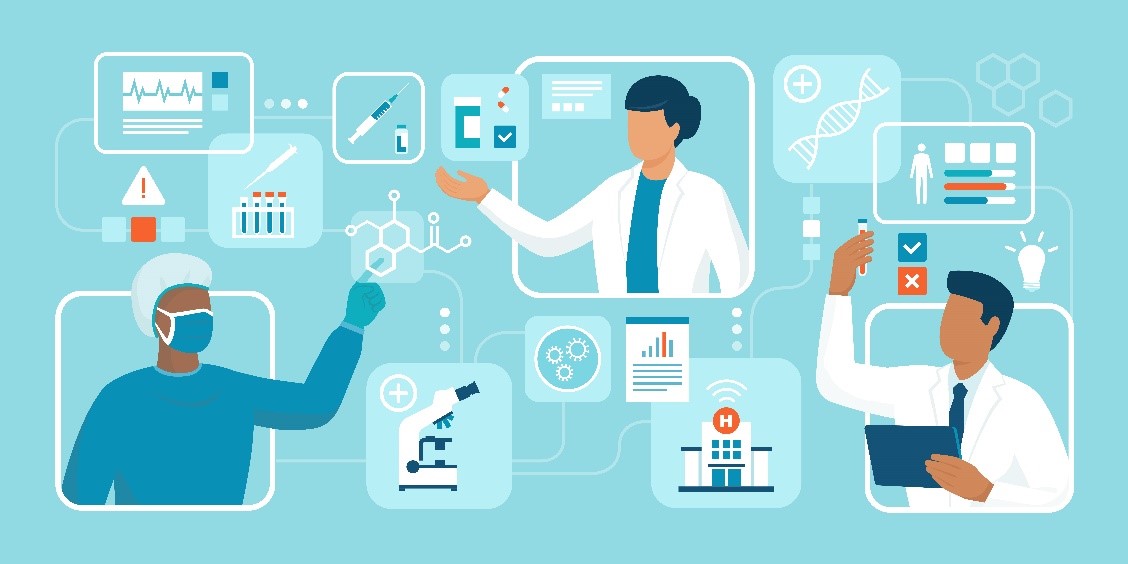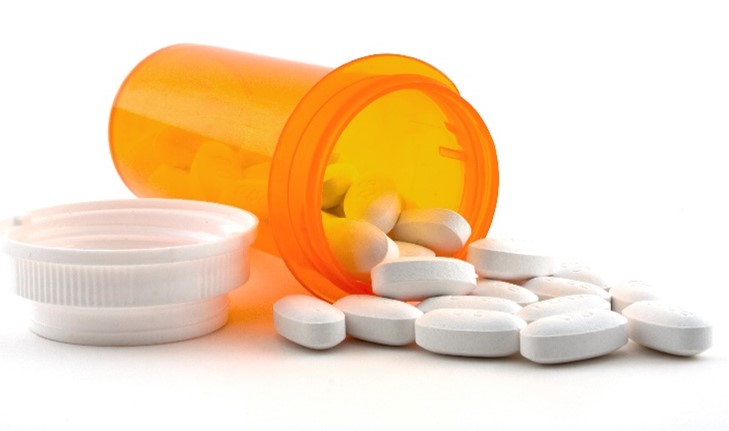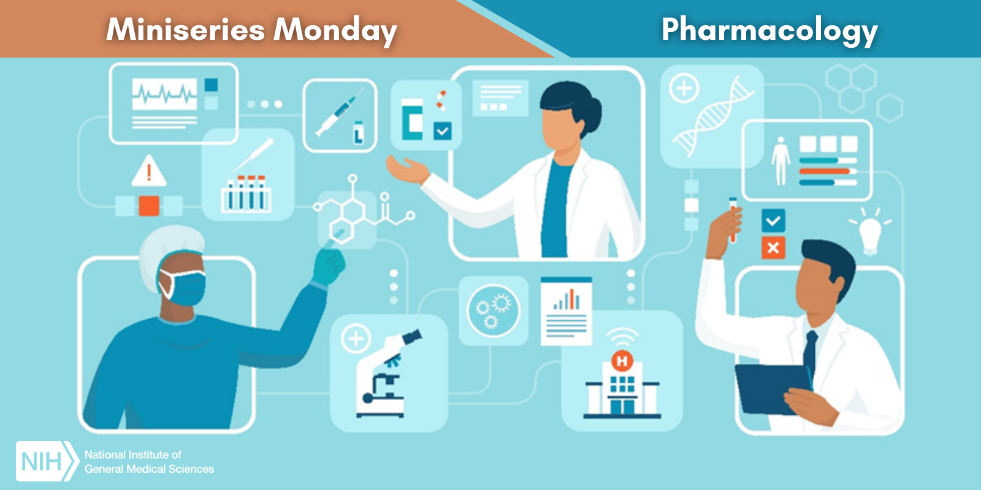
Pharmacology is the study of how molecules, such as medicines, interact with the body. Scientists who study pharmacology are called pharmacologists, and they explore the chemical properties, biological effects, and therapeutic uses of medicines and other molecules. Their work can be broken down into two main areas:
- Pharmacokinetics is the study of how the body acts on a medicine, including its processes of absorption, distribution, metabolism, and excretion (ADME).
- Pharmacodynamics is the study of how a medicine acts in the body—both on its intended target and throughout all the organs and tissues in the body.
Medicine bottles have instructions based on pharmacology research. How much of it, how often and when to take it, and whether to eat or avoid certain foods while taking it are all factors that pharmacologists research to make sure you get the best results from your medicine.
Medicine instructions are based on the average bodily response to a specific medicine, but some people don’t respond in the average way. That’s where pharmacogenetics and pharmacogenomics—the study of how a gene or an entire genome, respectively, affect the body’s response to medicine—come in. Enzymes are often responsible for breaking down medicines so they can be removed from our bodies. If given a dose based on an average response, a person with a less active enzyme because of their genetics might end up with too much medicine in their body for too long of a time, which could cause negative effects. Alternatively, some medicines use enzymes to activate them before they can be effective, and genetic differences in those enzymes may result in not enough activated medicine for the desired effects. Pharmacologists work to understand how genes can change a response to a drug, which helps clinicians to choose the best medicine, dose, and treatment plan for their patients.
 The term drug can mean a lot of different things, depending on the context, but it always refers to a molecule from outside the body. Medicines are types of drugs regulated by the Food and Drug Administration
The term drug can mean a lot of different things, depending on the context, but it always refers to a molecule from outside the body. Medicines are types of drugs regulated by the Food and Drug Administration(FDA) to diagnose, treat, or prevent specific health issues. They’ve been carefully tested for how they affect the body, both their on- and off-target effects. Drug is also used in reference to drugs that people misuse—substances that may or may not be medicines that people use to alter their mental or physical states. And in research, scientists often use the term in reference to molecules they’re testing to become medicines or using as tools to better understand biological responses. So, to sum it up: All medicines are drugs, but not all drugs are medicines.
Being a Pharmacologist
Pharmacology is situated at the intersection of several fields, including chemistry, biology, and medicine—all of which are important to determine the interaction between molecules and the human body. And although it’s often confused with pharmacy (the clinical field that your local pharmacist practices as they prepare, dispense, and advise you about your medicine), pharmacology isn’t necessarily a clinical field with individual patients. Instead, it’s a research-based science where new findings can have significant impacts on our understanding of human health and how clinicians, like pharmacists and medical doctors, treat their patients. Pharmacologists may make these important scientific contributions by studying the properties and effects of specific medicines, working with clinicians and individual patients to optimize their medicines, or using molecules as tools to study cells, tissues, or organs in the body.

Find the teaching activity that corresponds with this post in our Educator’s Corner.







